R U Okay Day - A psychologist’s thoughts.
R U Okay Day - what it is and what it’s not.
This Thursday is R U Okay day. Every year when September 8th rolls around, I find myself thinking deeply about community, culture and our collective relationship with mental health.
At this point in time, I’m both old enough and have been working in the mental health industry long enough to have witnessed several R U Okay Days. With each passing year, I smile at the progress that’s been made. In the early 2000s when I was still in high school, R U Okay Day was still new. And as is tradition in Australian culture, when somethings new and challenging, we mocked it to hide our discomfort. I remember a PDHPE lesson where the class spent the entire period asking our teacher if she was okay in various accents. Fast forward to 2022, and Gen Z’s wouldn’t dare to do something so socially inappropriate as to openly ridicule mental health. This is good progress.
Of course, there are many social and cultural factors that have influenced this shift, but the team behind R U Okay deserve credit. Because with each year, they raise the bar. The campaigns only get bigger and better. I’m obviously a fan.
But while I’ve witnessed so much progress in this space, I also notice the pattern of resentment that turns up every year on the interwebs. It’s really fascinating to watch the criticisms being levelled at a campaign that, surely, is just trying to help us. Every year I notice the same thing happens - this innocent mental health campaign becomes the battle ground for everyone’s personal politics.
The main one, is that R U Okay Day has been co-opted by the corporate world and turned into a tokenistic gesture by HR. I don’t want yellow cupcakes Karen, I want a pay rise. I do get this. I have vivid memories of working for big corporations and feeling the sting of resentment towards bosses who only appear to care about wellbeing on days of representation. This is a valid frustration. And yes, if workplaces are investing money in wellbeing support, but that support isn’t actually being felt by the people in that workplace, then there is evidently a problem. But it’s important that we direct this criticism in the right direction. This isn’t a failing of R U Okay Day. It’s a failing of HR and senior management teams who have taken a wonderful concept and ironically missed the message by both not understanding the brief and absolutely cooking the delivery. Anyone with a genuine interest in the wellbeing of others could tell you there is a right way to go about supporting wellbeing in the workplace, and it has nothing to do with cupcakes. And yes, capitalist lip service is absolutely an issue that needs addressing, but perhaps we need to reflect on who we’re actually angry at here?
The second most common criticism, is that R U Okay Day is doing harm because it detracts from the real issue of underfunding in the mental health industry. It makes help seeking overly simplistic and fails to acknowledge the bigger problems of access to care. In short, encouraging people to seek help is pointless if mental health services do not have capacity to help. This point I appreciate. It is something that absolutely needs to be discussed. But again, I’m not sure if having cynical attitudes towards an awareness campaign is going to help improve funding.
In this space, we need to look at the bigger picture. We need to understand what R U Okay is and what it is not. R U Okay Day is a campaign designed to connect people in the community. It is designed to break down barriers to talking about things. It aims to reduce stigma and encourage people to feel comfortable being vulnerable with each other. It encourages people to listen better. It encourages people to ask questions. It’s designed to make our social environment more conducive to conversations about mental health and wellbeing. This is step number one. More funding is step number five. Because while having available services is wonderful (and necessary and essential and I promise I want more funding too), just getting bums on seats doesn’t work in mental health care. Mental health care is only as good as the community within which the client or consumer exists. We could give everyone a psychologist tomorrow, but what’s the use if your best friend still thinks you’re weak for having one?
Until next time,
Courtney


